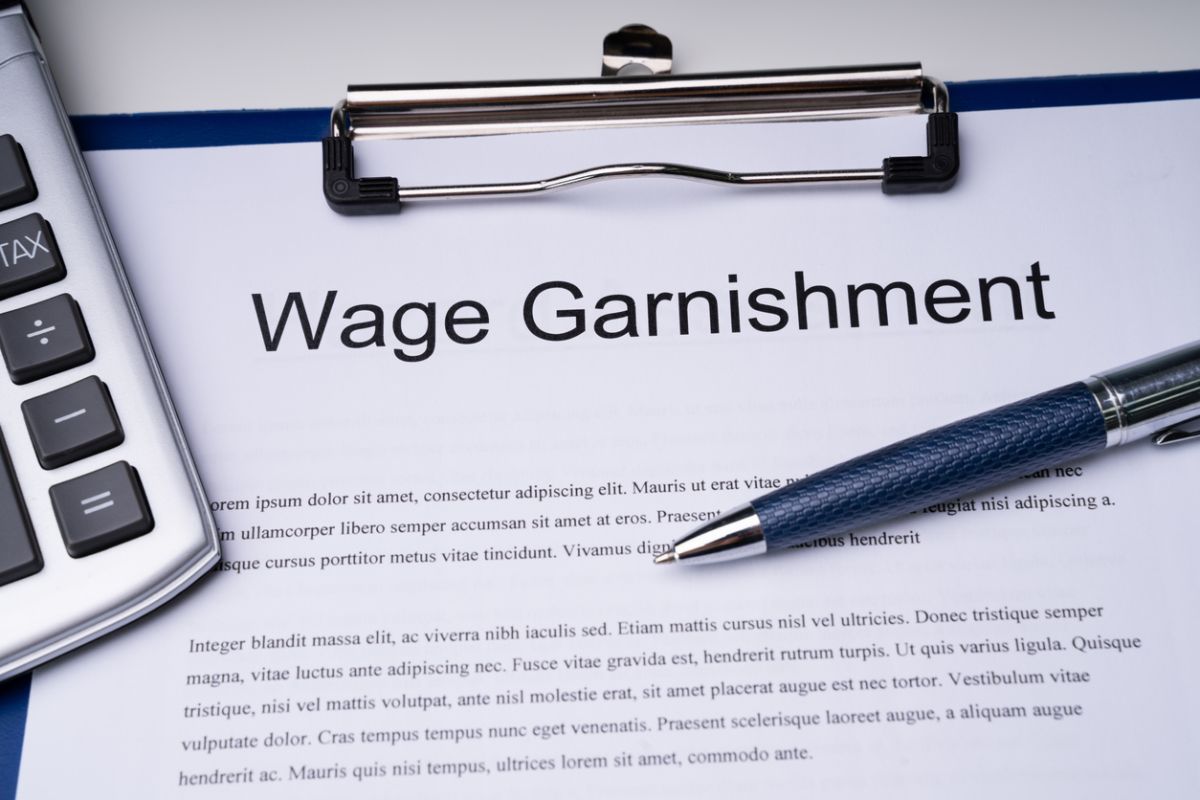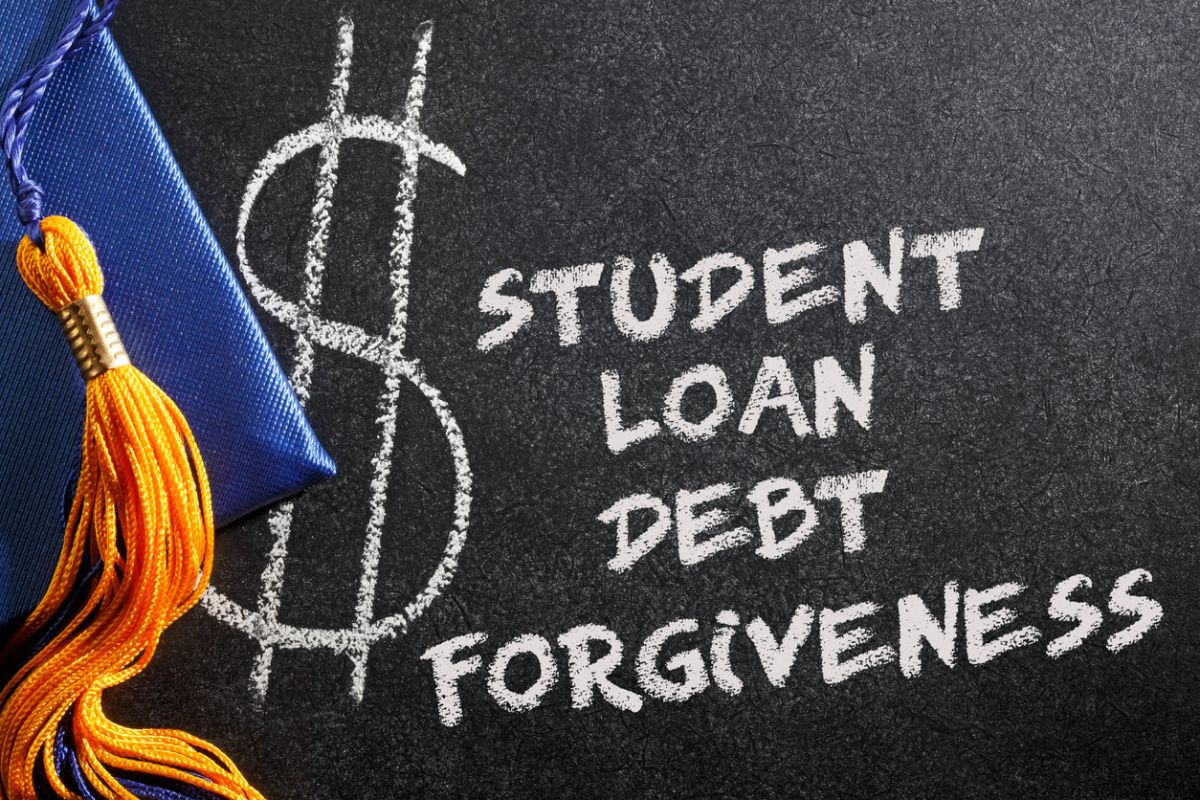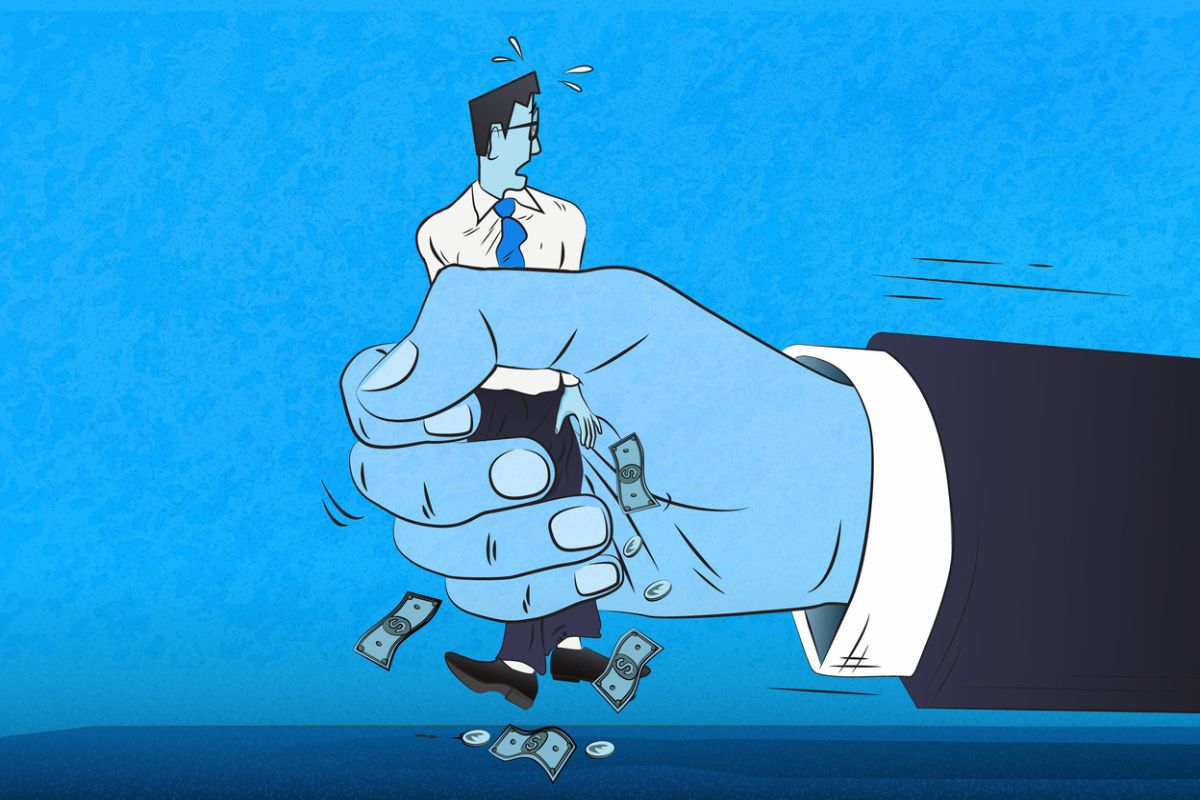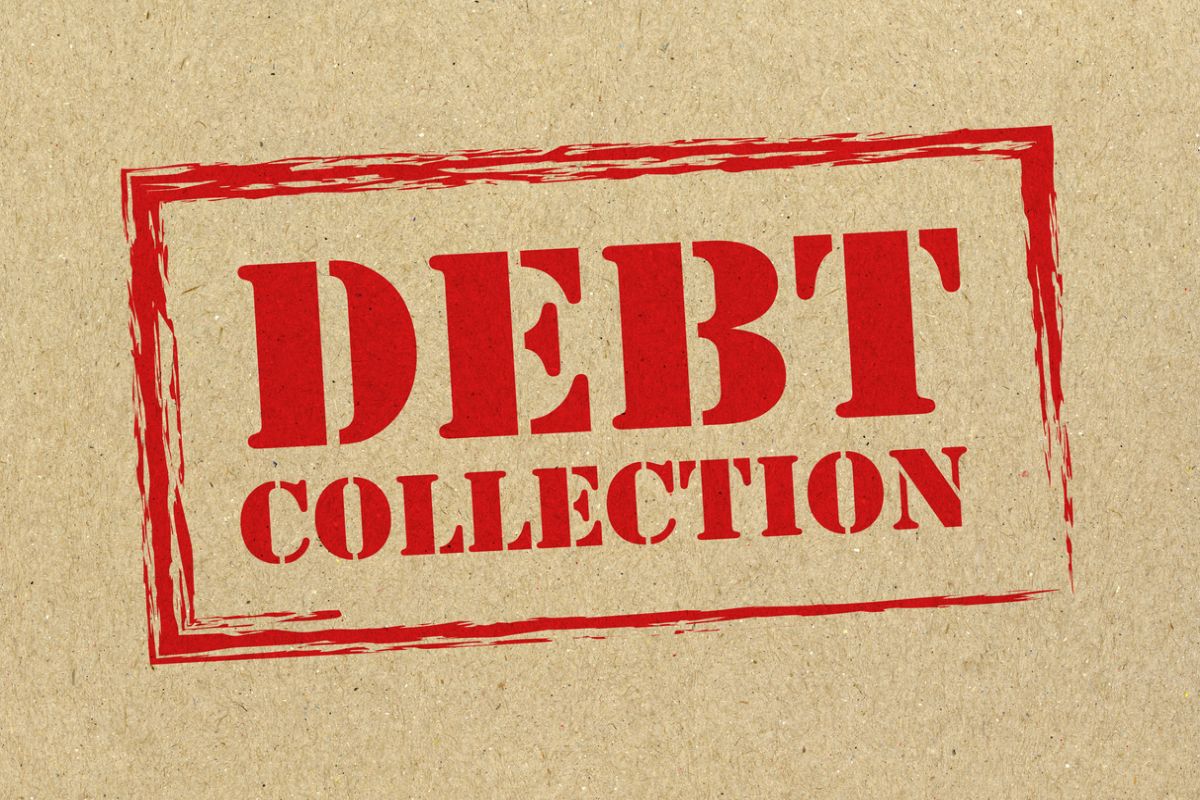If you’re experiencing financial hardship and are struggling to make payments, a creditor may turn over your debt to a third-party debt collector. This third party is legally allowed to contact you related to a debt you owe, but that doesn’t mean they are allowed to harass you.
Debt collectors must abide by rules laid out in the Fair Debt Collection Practices Act (FDCPA.) If they do not abide by those rules, they are responsible for any damages or hardship they cause. Debt collectors have restrictions on when they can call you and what they can say to you. A debt defense attorney in Davidson County can help you when debt collectors trouble you.
The Fair Debt Collection Practices Act
The Fair Debt Collection Practices Act (FDCPA) is a federal law that places restrictions on debt collectors while attempting to collect payments for the protection of the consumer. This law restricts how often a debt collector can call, what times they can call, and how many debt collectors are allowed to call.
Debt collectors are responsible for making sure they know and abide by the rules set out by the FDCPA. If they don’t, you, the debtor, have the right to sue for monetary damages, attorney fees, and other fees you may incur.
While federal law doesn’t set a specific limit to how many times a debt collector may contact you, debt collectors are considered to be violating the FDCPA if they call you about a particular debt more than seven times in a period of seven days
How To Stop Calls from a Debt Collector
Unfortunately, your debt won’t disappear when the collection calls do, but your life may be a little more peaceful. You are allowed to tell debt collectors to stop calling you, but the most effective way to get debt collectors to stop calling you is to send a letter. The Consumer Financial Protection Bureau (CFPB) has drafted sample letters you may use to respond to a debt collector.
Debt collectors almost always stop calling you when you have an attorney on your side. If you hire a Nashville debt defense attorney to represent you, inform a debt collector of their name and information. After that, a debt collector must speak to your attorney instead of calling you.
When you request contact to cease via certified mail, debt collectors are required to abide by your requests or they risk any continued contact being considered harassment. When sent by certified mail, a receipt is returned to you following delivery, so this will provide evidence of your notice to them in the case of a lawsuit.
After requesting no further contact from a debt collector, the only reason they can contact you in the future is to say there won’t be any further contact or to notify you that the creditor is taking legal action against you.
Suing a Debt Collector
If you feel that a debt collector has not followed the rules established by the FDCPA, you have the right to sue for harassment. If you decide to pursue this route, a Tennessee debt defense attorney can help you proceed in court.
If you reside in Nashville, Murfreesboro, Franklin, or Spring Hill, and you are struggling with debt, help is available. The skilled debt defense attorneys at Fitzgerald & Campbell, APLC, want to help you protect your assets and your reputation. If you feel you have experienced harassment from a debt collector, contact them at 615-845-4595 or complete the contact form to request a consultation.






